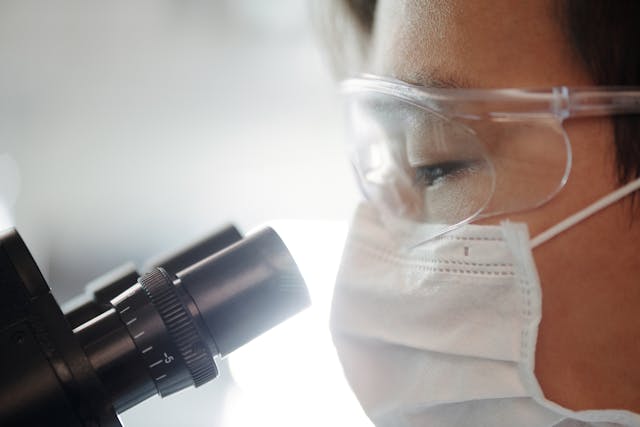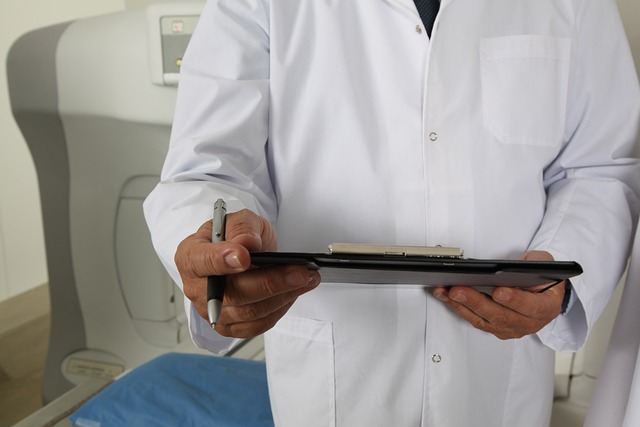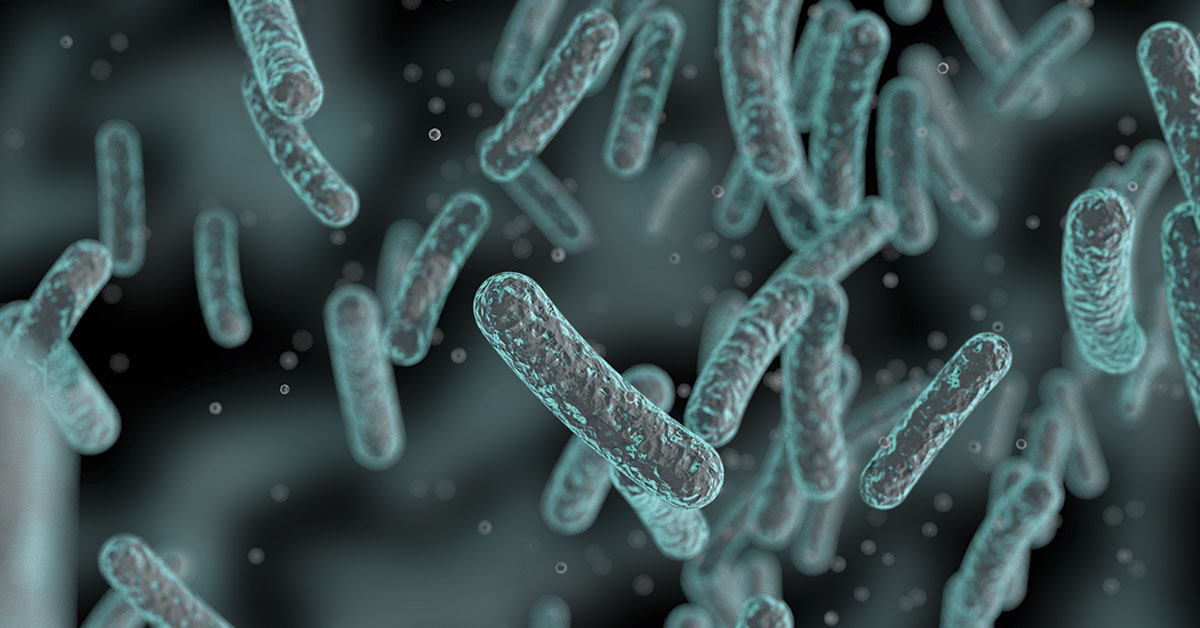Multiple sclerosis (MS) is an autoimmune disease that affects the central nervous system. This chronic disease causes damage to myelin, the protective covering of nerve fibers. More than one million individuals are affected by multiple sclerosis globally, with almost a third of those cases occurring in the United States. The symptoms vary from person to person and are dependent on the location and severity of the damage to the nervous system. Some individuals lose the ability to move at all, while some only lose the ability to walk. Multiple sclerosis risk factors include genetics, in addition to certain environmental factors such as gut health, diet, and infectious diseases. A new study has also revealed a link between bacterial imbalance and multiple sclerosis risk.
Exploring the Link Between Bacterial Imbalance and Multiple Sclerosis

Researchers have suspected that a person’s gut bacteria could potentially influence their multiple sclerosis risk. However, up till now, the findings of these studies have been somewhat inconsistent. In order to address these inconsistencies, Associate Professor of Pathology, University of Iowa, Ashutosh Mangalam, and his colleagues used the bedside-to-bench-to-bedside approach. This involved starting with multiple sclerosis patients’ samples, experimenting on these samples in a lab, and then confirming their findings in patients. The team discovered that examining the ratio of two gut bacteria could help predict the severity of the disease in patients. This has brought to light just how important a healthy gut and microbiome are in preventing the development of multiple sclerosis.
The first step was to analyze the bacterial composition of the guts of multiple sclerosis patients. This confirmed that different types of gut bacteria were present in MS patients compared to individuals without the disease. They found that a bacteria called Blautia was more prevalent in MS patients, whereas Prevotella, a bacteria linked to a healthy microbiome, was less common. In mouse experiments, the researchers found that the balance between Akkermansia and Bifidobacteria was crucial in distinguishing the mice with MS from those without. In the mice subjects that displayed MS-like symptoms, the researchers observed increased Akkermansia levels and decreased Bifidobacterium levels in the gut lining and stool.
To confirm these findings, they removed all the mice’s gut bacteria using antibiotics. The mice were then given either Blautia (more common in MS patients), Prevotella (linked to a healthy gut), or Phocaeicola (found in both). The mice that were given the Blautia experienced worse MS-like symptoms and gut inflammation. These mice exhibited low Bifidobacteria and high Akkermansia levels before symptoms even appeared. This suggested a link between bacterial imbalance and multiple sclerosis severity.
Read More: An electric body suit helps people with multiple sclerosis, cerebral palsy, walk
Predicting the Severity of Multiple Sclerosis

The research indicated that an imbalance of the two bacteria was not just a sign of MS. It could also help determine how severe it would be. The researchers wanted to find out if this same link between bacterial imbalance and multiple sclerosis appeared in humans. They measured the ratio of the two bacteria in samples from Iowan MS patients. They also looked at a study that was conducted in the US, Latin America, and Europe. The researchers found that the findings in humans were consistent with their findings in mice.
Another interesting thing they discovered was that bacteria that are normally beneficial can turn harmful in MS cases. For example, Akkermansia is typically regarded as a beneficial bacterium, yet can turn harmful when prevalent in MS patients. While the exact mechanisms behind the bacteria ratios and MS link remain unknown, researchers do have a theory. Both Bifidobacteria and Akkermansia consume a substance that protects the lining of the gut called mucin. Yet, Bifidobacteria also produce mucin, while Akkermansia only consumes it. Therefore, when the Bifidobacteria levels drop, the mucin is all consumed by the Akkermansia, and the gut lining is weakened. This, in turn, can cause even further inflammation, exacerbating the progression of the disease.
The discovery of the link between bacterial imbalance and multiple sclerosis risk could help improve the diagnosis and treatment. It has also shown how the decrease in beneficial bacteria in the gut can cause other bacteria to turn harmful. Of course, more studies will have to be conducted to further clarify this link and confirm their findings. Based on what has already been discovered, we can expect new avenues to open when it comes to MS diagnosis. Hopefully, this will lead to more effective treatments.
Read More: Study Suggests Vitamin D Supplements May Help Alleviate Multiple Sclerosis Symptoms

